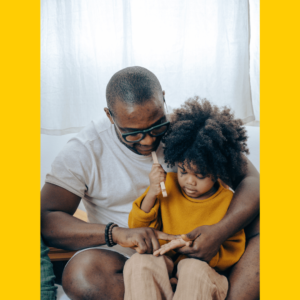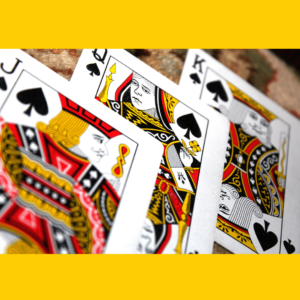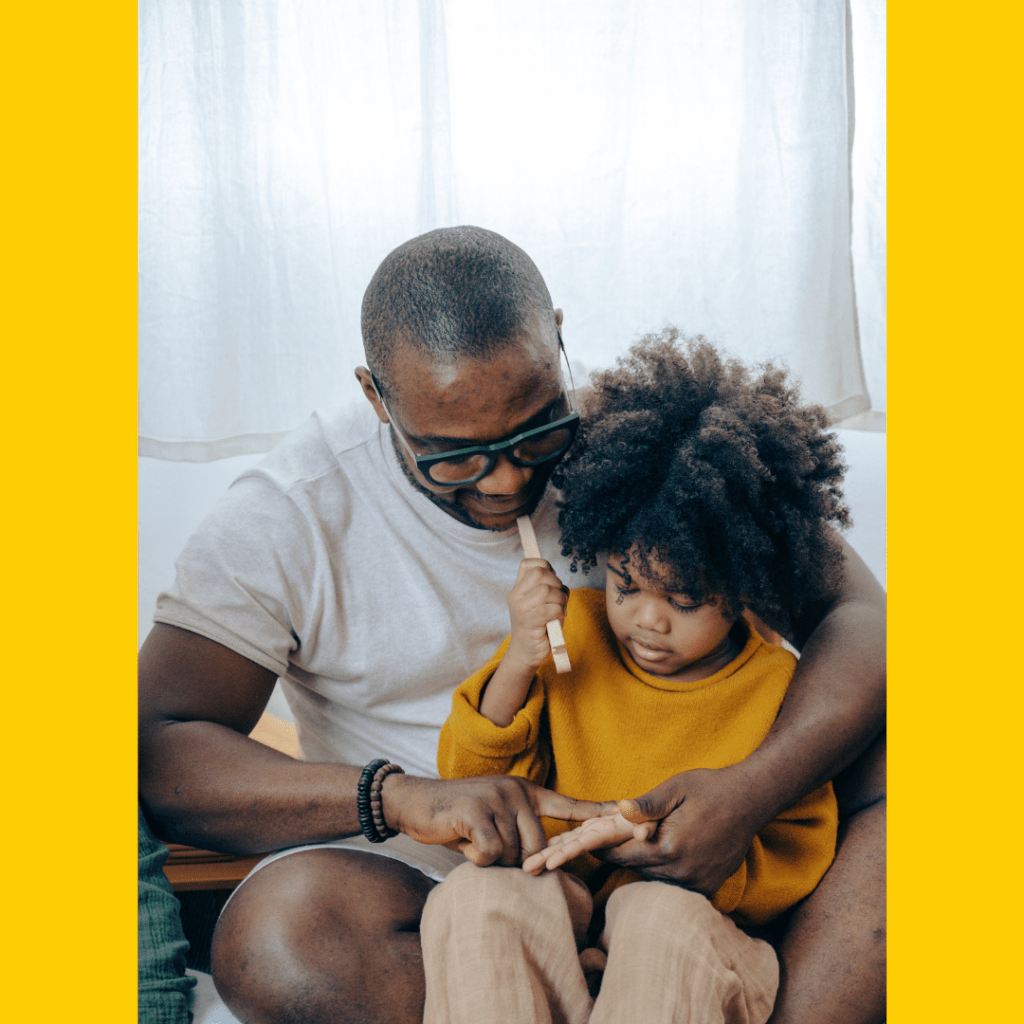Problem Gambling and Child Abuse and Neglect
Some may be surprised to know that there is a relationship between excessive gambling and caregivers capacity to nurture and care for their kids. Since 2012, 32 have been children left unattended on Casino properties in Maryland alone. When parents or caregivers have addictive or problematic behaviors, children are often the easiest targets to let out anger and frustration. Research utilizing the ACEs model (Adverse Childhood Experiences) shows there is a direct correlation between childhood maltreatment and problem gambling/disordered gambling. Additional research studies describe depression, social isolation, conduct disorder, and physical and emotional deprivation among children of problem gamblers. Growing up with a parent who problematically gambles, is an adverse childhood experience. Children with adverse childhood experiences are more likely to use drugs, experience teen pregnancy, and have other problematic behaviors, like gambling. This can cause a cycle in some families. If you think you or someone who know might have a problem, here are some signs to look for.

Signs Your Gambling Is Becoming a Problem:
-
- Preoccupation with gambling (i.e., reliving past gambling experiences, planning the next venture, or thinking of ways to get money with which to gamble)
- Keeping secrets about gambling habits, and defensive when confronted.
- Increasing bet amounts when gambling in order to achieve the desired excitement (“high”)
- Trying unsuccessfully to control, cut back, or stop gambling.
- Becoming restless or irritable when not gambling.
- Gambling to escape problems.
- Trying to win back losses by more gambling.
- Lying to family and others about the extent of gambling
- Jeopardizing or losing relationships, jobs, education or career opportunities because of gambling.
- Relying on others for bail out, to relieve desperate financial situation caused by gambling.

Gambling problems can effect more than just you, your family can also suffer. For more information and help: Child Neglect and Problem Gambling (mdproblemgambling.com)

